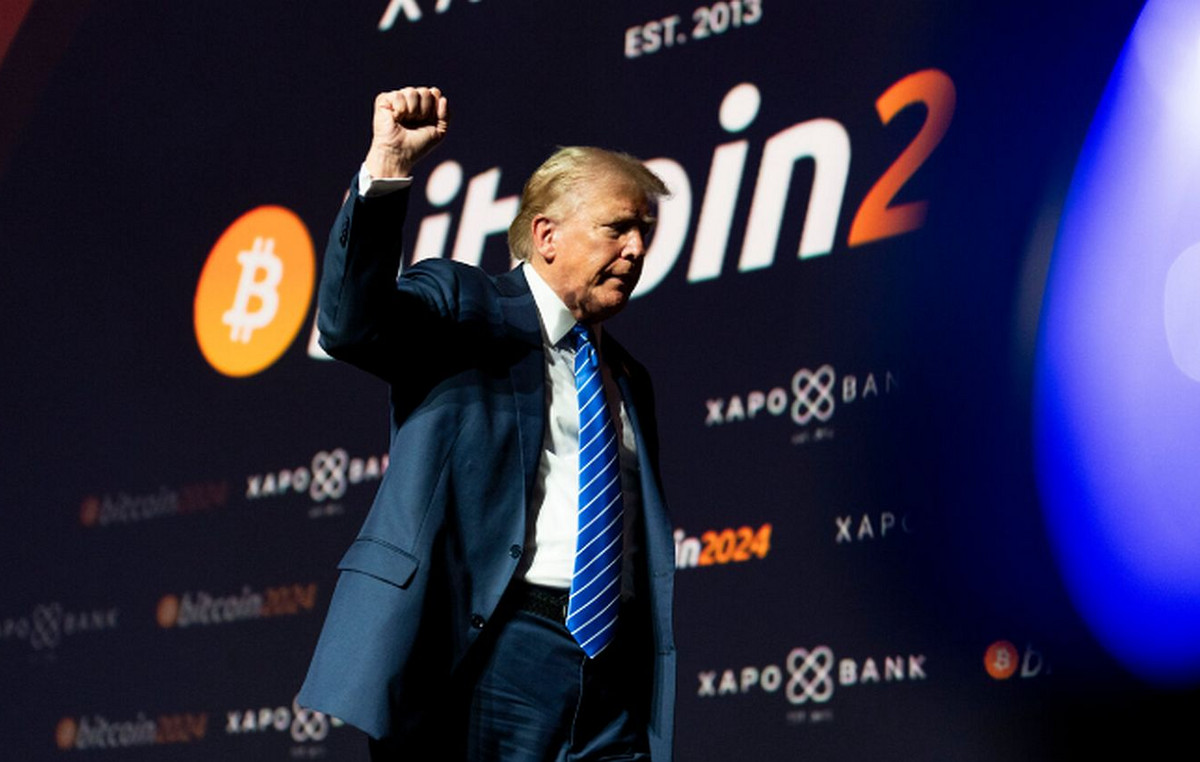On Thursday (12), Petrobras detailed an investment package of US$ 500 million (about R$ 2.5 billion) in the Paulínia Refinery (Replan), to increase production and increase energy efficiency at the largest refinery in the country. company in oil processing capacity.
The announcement takes place on the date on which the unit completes 50 years of existence.
According to Petrobras, Replan has the capacity to process 434,000 barrels of oil per day, equivalent to 20% of the processing of all the company’s refining units, which makes the refinery in the interior of São Paulo the largest of its kind in the country.
Most of the investment, around US$ 458 million (R$ 2.2 billion) will be for the construction of a diesel hydrotreatment unit, with the capacity to produce up to 10 million liters of S-10 diesel oil per day.
The contract was signed last Monday (9), with a consortium formed by the companies TSE and Toyo.
The investment is foreseen in the company’s Strategic Plan 2022-2026. The new unit is expected to start operating in 2025.
The investment involves US$ 300 million (R$ 1.5 billion) to adapt Replan to the World Class Refining (RefTOP), a program that aims to make Petrobras one of the best refiners in the world.
Another US$ 90 million (R$ 1.5 billion) will be used by the company in projects to generate value, improve energy efficiency and increase the operational availability of the refinery, which includes the intensive use of digital technologies.
Petrobras estimates that the structure will generate 3,000 new jobs, in addition to another 3,000 indirect jobs during the work.
The Brazilian refining park does not produce enough fuel to meet the demand of the domestic market.
In 2021, according to the National Agency of Petroleum, Natural Gas and Biofuels (ANP), the country imported 23.24% of the diesel used and 8.43% of the gasoline.
The lack of self-sufficiency in petroleum derivatives has been pointed out by some specialists as a justification for maintaining the policy of international price parity.
The fact, however, is associated with recent increases in fuel prices, which are susceptible to fluctuations in the international market and exchange rate variations.
Source: CNN Brasil
I am Sophia william, author of World Stock Market. I have a degree in journalism from the University of Missouri and I have worked as a reporter for several news websites. I have a passion for writing and informing people about the latest news and events happening in the world. I strive to be accurate and unbiased in my reporting, and I hope to provide readers with valuable information that they can use to make informed decisions.







